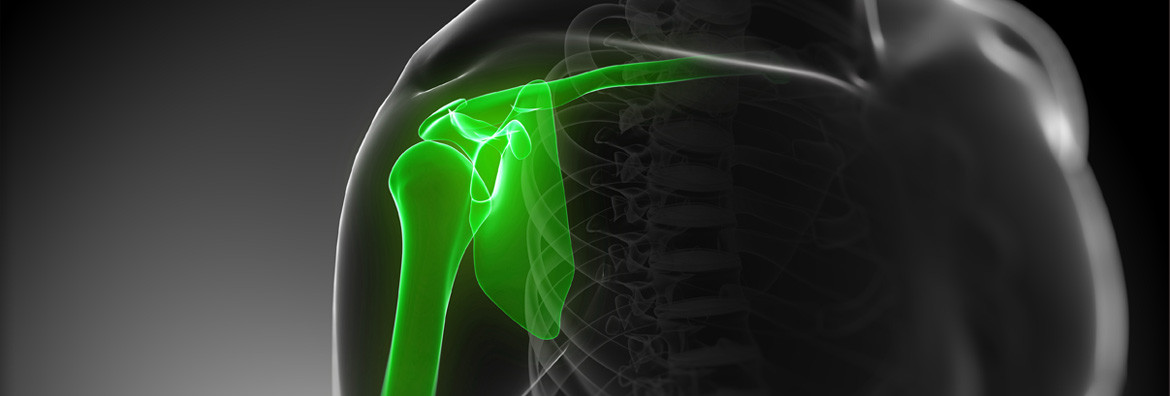
Rotator Cuff Shoulder Treatment
The shoulder is considered to be one of the most intricate joint systems in the entire human body, with interactions between the humerus, the scapula, the thoracic spine and the complex neurovascular system. The rotator cuff plays a vital role in proper shoulder function. The rotator cuff system consists of four muscles: the supraspinatus, the subscapularis, the teres minor and the infraspinatus. The primary role of the rotator cuff is to center the shoulder joint and allow for proper joint motion.
What caused my rotator cuff injury?
Identifying the reasons for shoulder pain can be multifactorial. The American Physical Therapy Association outlines three separate classifications that a shoulder problem can be categorized as. Shoulder pain and mobility deficits/adhesive capsulitis (frozen shoulder), shoulder stability and movement coordination impairments/dislocation of the shoulder joint, and shoulder pain and muscle power deficits/rotator cuff syndrome. Any of these conditions can impact the rotator cuff, but for the purposes of this article, we will focus on the muscle power deficits/rotator cuff syndrome (RCS) classification.
Traditionally, pathology of the rotator cuff was almost always thought to be related to issues with impingement, where compression and high levels of friction were associated with the pain and dysfunction often reported by patients. More recent evidence suggests that mechanical loading of the tissue may cause changes to the tendon quality and contribute to the sensitivity of the tissue. Overhead movements such as throwing, can increase tensile load. Reaching overhead can increase the compressive forces in part of the shoulder complex. It is not uncommon to find pain while catching at midrange when lifting the arm. In fact, pain and weakness are common when performing movements that place any stress onto the rotator cuff system.
When should I seek treatment for a rotator cuff injury?
Very few things in life have a specific protocol that you can follow from start to finish without having to adjust a little. Managing rotator cuff issues is no different. Given the fact that underlying cause of shoulder pain and dysfunction can be multifactorial the interventions should be selected to treat the impairments, not necessarily the diagnosis. If you’re experiencing symptoms of a rotator cuff injury or pain in the shoulder area, it’s a good idea to seek out treatment before the symptoms worsen.
How can physical therapy help my rotator cuff injury?
Specific exercises which address the scapula and rotator cuff, in conjunction with manual therapy, have been shown to be beneficial for patients with RCS. Your physical therapist will take a look at your mechanics in relation to the thoracic spine of the shoulder and conduct a thorough, comprehensive exam to ensure that the individual characteristics associated with your shoulder are addressed and a personalized plan of care is implemented. They may include techniques such as:
• Manual therapy to massage and stretch muscles and joints and improve your range of motion.
• Custom strengthening exercises to target your core and weakened muscles surrounding the shoulder area that may be contributing to symptoms of pain.
• Patient education to help you understand the individual characteristics associated with your shoulder that are contributing to your pain.
Physical therapists can provide the necessary tools to prevent and/or treat your shoulder pain and rotator cuff injuries, allowing you to return to your favorite activities pain-free and stronger than ever! To learn more about how to prevent rotator cuff injuries or to eliminate any current discomfort, book a physical therapy assessment today.
Request an Appointment“My physical therapist was extremely knowledgeable, friendly, professional, and most importantly, effective. My shoulder feels a hundred times better after working with my PT to diagnose the problem and develop a plan for improvement.”


